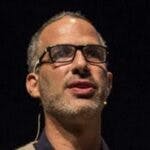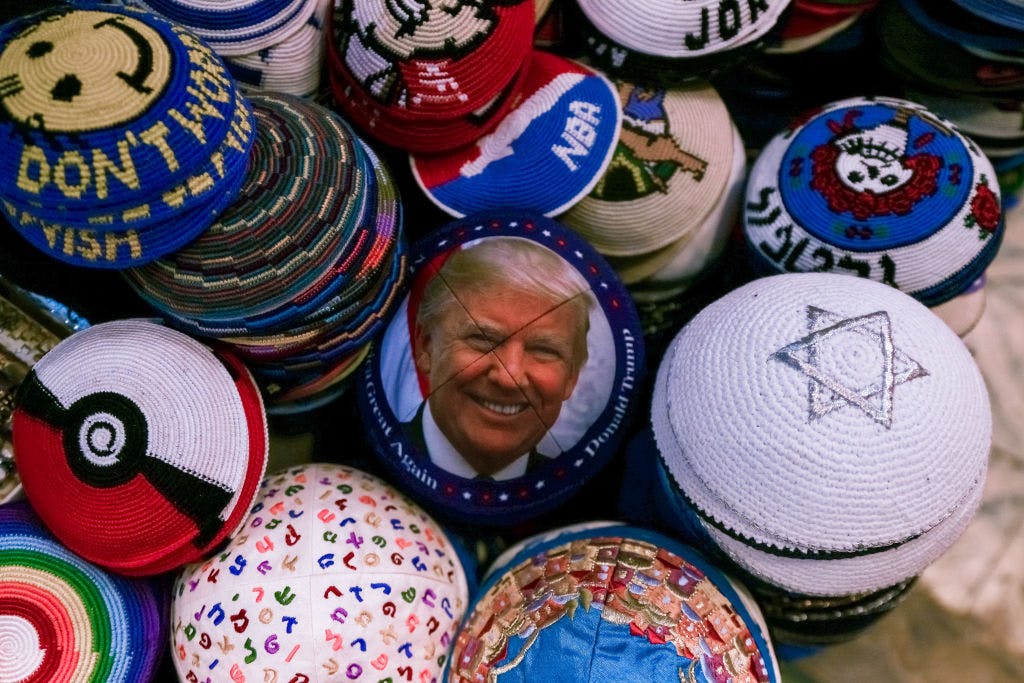Published: 13 April 2021
Last updated: 4 March 2024
Mati Shemoelof (MS): You were born in Haifa (1987) and emigrated to Berlin ten years ago (2010). Hebrew is your mother tongue, but you decided to write a novel in German. In fact, it is one of the first books written in the German language by a Hebrew writer. Only Tomer Gardi wrote before “Broken German” (2016). How hard it is for a Hebrew writer to write his first book rather in German?
Tomer Dotan Dreyfus (TDD): It was pretty difficult. There is a lot of extra work. But I do think that when you write literature or fiction with a dictionary on the side, you kind of develop a very special relationship with this language.
MS: So, you love the German language.
TDD: I think so. Yes.
MS: Could you tell us the plot of the novel in few sentences?
TDD: It is an alternative history written in the genre of magical realism about this place called Birobidzhan. This place was a failed experiment of Stalin to settle Jews in the Russian far east. There are no more Jews over there today, maybe only one. But in my book this Birobidzhan project is a social success. Not only that, the Youth movement of the Bund, the Yiddish speaking movement that was present all over the world until the Holocaust, is also very much influential until today. Yet, slowly within the novel weird things start to happen.
MS: Why did you choose this theme?
TDD: I was studying Yiddish in Paris. I wanted to connect with something that got lost in my family. For my Polish grandparents it was their native tongue, but they never spoke it in Israel because it was so repressed. There were a lot of plans to settle Jews around the world, for instance, in Uganda or Australia (The Kimberley plan) and then I discovered this tiny town in Siberia – the only place in the world, where Yiddish was the official language. And I wondered, how come we don’t even know about it?
MS: In your novel, inside of the sovereign state of Birobidzhan, they still speak Yiddish.
TDD: I am really fascinated by Yiddish as someone who travels between countries. Cause Yiddish is a language with no borders. People spoke it in Russia, France, and Germany. You can literally hear how many languages are being mixed inside of it. In this sense Yiddish has a political meaning that is very important to us.
MS: Do you imagine a German reader or Addressee when you wrote your novel?
TDD: Yes. Definitely. However, it is kind of an abusive relationship between my book and its readers, because it constantly made them to feel not at home.
MS: What do you mean by that?
TDD: I'm kind of sugarcoating. The German reader starts reading it without noticing that something is unusual and foreign. On page twenty or thirty they will discover that there is a certain strangeness, but as soon as he or she realizes that they would be already deep within the plot.
MS: Could this novel be accepted into the Bachmann Prize (the most prestigious literary prize in Germany)? Is it a German book?
TDD: You cannot disqualify it. But this novel is being written in a very strange German.
MS: What are the benefits of writing in the German language? Did this make you your own translator?
TDD: Probably writing in German help my translation skills. Translation is so to say my day job. Now I am also translating from German to Hebrew a fascinating biography of Martin Buber’s that was written by Paul Mendes-Flohr.
MS: You were chosen to represent Germany in the Jewish Book Week in London. Are you being accepted into German culture?
TDD: Accepted yes. But we don’t even know to what extent. Because we never know if we are really accepted, or if we are playing a role for somebody. So, when my agent was asking me if I have any “no-go” regarding publishers that I will not work with. Then I said that I rather won’t work with publishers who are doing specifically Jewish things.
MS: How do you think that Jewish writers are being perceived in Germany?
TDD.: Well, let say that it doesn’t look good if a German publisher hasn’t gotten any Jewish authors in their publishing house. I don’t care if I will be a Jewish writer in France or Britain but in Germany there is so much tension about being an Israeli Jewish writer (who is living in Berlin).
Photo: Tomer Dotan Dreyfus




